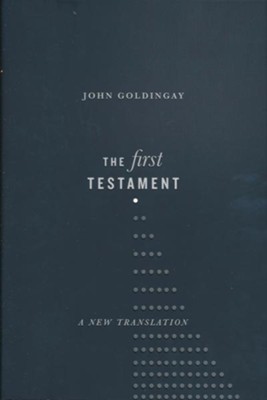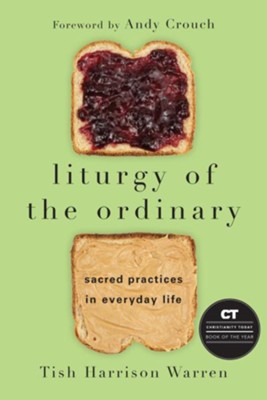Apparently, the teenagers were harassed by a group called the "Black Israelites". These folks, as best as I can understand, are people of African heritage who also claim heritage to the Twelve Tribes of Israel. Although there were many more of the teenagers than there were Black Israelites, some of the Black Israelites said things that were interpreted as threatening. As the Native American elder and his entourage approached, in part to make peace, the teens interpreted their approach as a threat. At least one of the teens reportedly responded directly through impeding the path of the elder. The teens then surrounded the Native American, which he interpreted as a threat. Especially when some teens began to chant and laugh.
Slowly, the viral video, and competing viral videos prompted outrage, conflict, blaming, and all sorts of responses through media, social media, and in conversations in communities small and large. What I find intriguing, however, is not the dumpster fire of labeling, blaming, and shaming that social media has advanced about this event, but the lessons that can be learned from this complicated encounter.
Here we go, like it or not:
- We need to realize, before making sweeping judgments, that all events have context. Whether it the mainstream or partisan/propagandist arms of media, or social media, people who report problems often neglect context.
- Secondarily, the complications of a specific context may explain poor behavior, and may even be a prompt to offer people a little grace, but it does not excuse the poor behavior. In other words, the viral video that of the teens at the Lincoln Memorial still demonstrates behavior on those teens part that needs to be corrected and disciplined, though perhaps with a little openness to forgiveness and grace considering the context.
- Third, we need to understand that symbols that we may understand as harmless or positive in our context may be considered a threat in other contexts. Like it or not, MAGA hats, especially when paired with chanting, are considered as much of a threat in a some environments as waving confederate flags.
- Fourth, our blatant disrespect for elders was on full display, and this is a problem across all elements of our culture
- Fifth, just because you have an excuse and an explanation, does not mean that your non verbals don't betray your true need for growth. The kid that confronted that Native American elder, and the kids around him, even though there were extenuating circumstances, did demonstrate latent insensitivity to other cultures at best, and prejudice at worst, even given the broader context. To not acknoweldge that is to not offer the opportunity for them to grow and be changed.
- Finally the true lesson of this event is not for those teens or our children. It is for us! These teens were simply mirroring attitudes and behaviors than had seen elsewhere.





